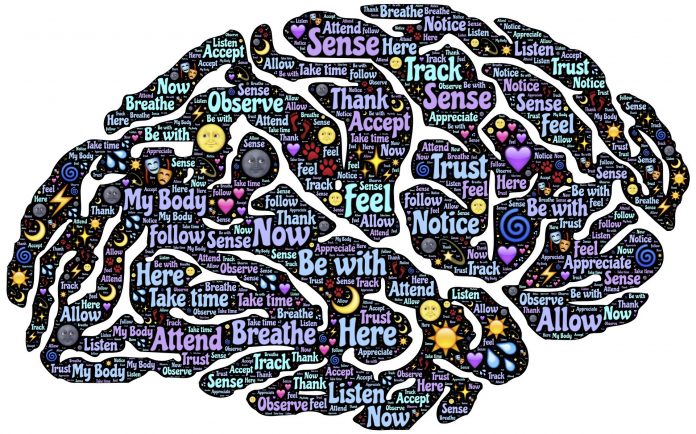Give meditation a try by simply knowing the benefits.
What do Steve Jobs, Oprah Winfrey, Jeff Weiner, Arianna Huffington, Ray Dalio have in common? They’ve all experienced great success, obviously, but they’ve also all done something less expected: each has, at some point, attributed a great deal of that success to the habit of meditation.
Whether you personally meditate every day or not at all, there’s a pretty clear scientific literature in support of it. Known benefits of meditation include stress reduction, higher performance, and reduced risk of disease.
Neuroimaging studies have even shown that meditating can literally reshape the brain by causing an expansion of the hippocampus — which happens to be the area most associated with learning, memory, and emotional control.
The most extensive benefits of meditation are granted to those who do the most of it, but that doesn’t mean that smaller amounts aren’t helpful. In fact, there doesn’t seem to really be a reward threshold, meaning that all meditation is good meditation.
Let’s recap: lower stress levels, lower blood pressure, higher immunity, better sleep, better memory, more emotional control. It’s hardly a stretch to see how executives can benefit from a meditation practice.
Read Sufi Whirling Meditation: What Is This Mystical Practice & How You Can Do It

Let this analogy drive it home
Your brain is like a computer, and we all know what happens when a computer gets overheated — processes slow, programs stop responding, and productivity goes down the drain.
In the same way, your brain has what psychologists refer to as a “maximum cognitive load”; if you try to keep too many things happening in the background, the whole system crashes sooner or later.
Anyone can have that problem, but it’s often a daily battle for executives, whose brains get stuck in problem-solving mode and never get a break. Some push back against that idea, figuring that sleep will be enough of a rest.
Here’s the rub, though: sleep is rest for the body, not so much for the brain. Even though you’re not consciously solving problems during the night, your brain is still firing away at them on a deeper level, amalgamating thoughts and memories into substratic ideas and structures.
Absolutely, sleep is good for the brain but it’s not really a break. Meanwhile, meditating for five minutes a day can bring marginal improvements, and when you’re aiming for maximum performance and productivity, the margins matter quite a lot.
Bottom line: there are a number of compelling reasons to give meditation a try and the more you have on your plate, the truer that probably is. As far as reasons not to try it (at least for a few minutes daily), they’re a lot harder to come by.
Read How Mindfulness Meditation For Panic Disorder Can Help You










Leave a Reply